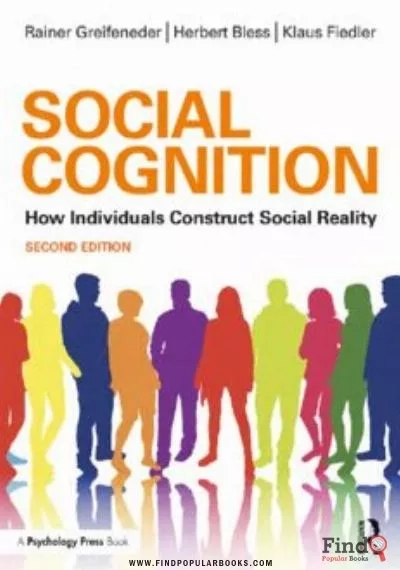
Social Cognition: How Individuals Construct Social Reality (Social Psychology: A Modular Course
How do people think about the world? How do individuals make sense of their complex social environment? What are the underlying mechanisms that determine our understanding of the social world? Social cognition - the study of the specific cognitive processes that are involved when we think about the social world - attempts to answer these questions. Social cognition is an increasingly important and influential area of social psychology, impacting on areas such as attitude change and person perception. This introductory textbook provides the student with comprehensive coverage of the core topics in the field: how social information is encoded, stored and retrieved from memory; how social knowledge is structured and represented; and what processes are involved when individuals form judgements and make decisions. The overall aim is to highlight the main concepts and how they interrelate, providing the student with an insight into the whole social cognition framework. With this in mind, the first two chapters provide an overview of the sequence of information processing and outline general principles. Subsequent chapters build on these foundations by providing more in-depth discussion of memory, judgemental heuristics, the use of information, hypothesis-testing in social interaction and the interplay of affect and cognition. Social Cognition will be essential reading for students and researchers in psychology, communication studies, and sociology.

Contact us to let us know. You will receive an answer within 3 working days.
A big thank you for your understanding!
































